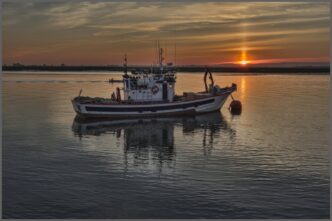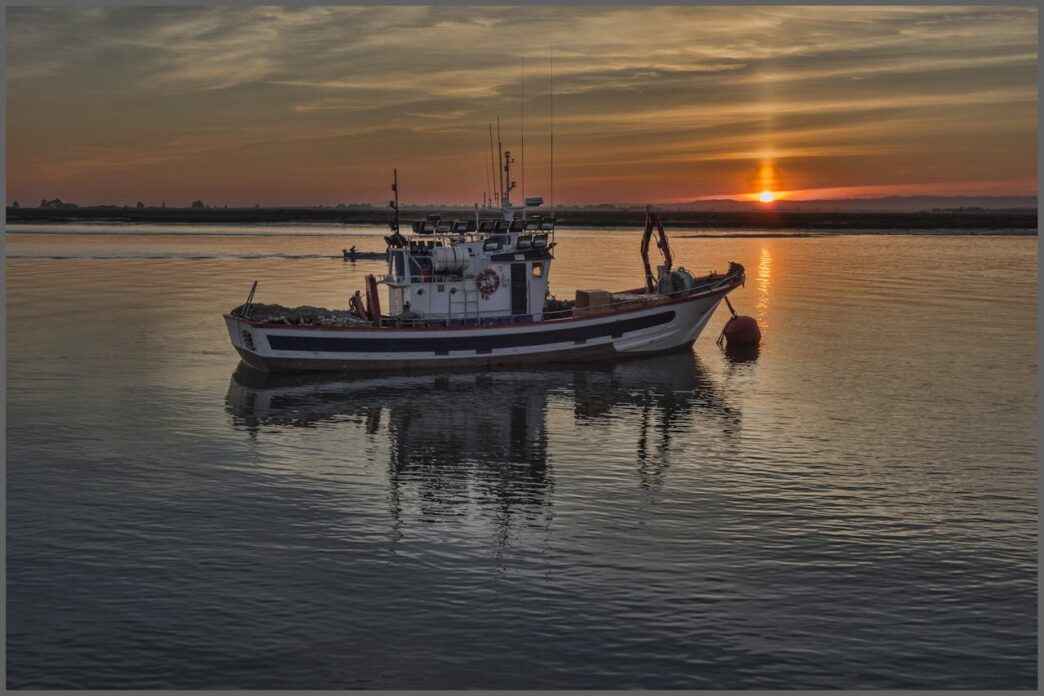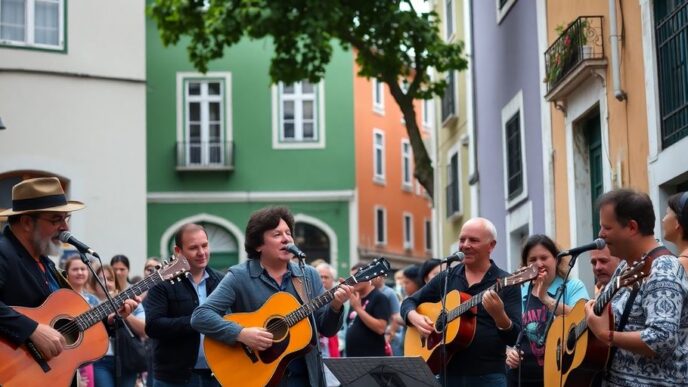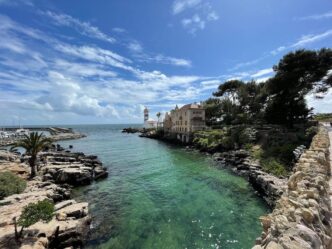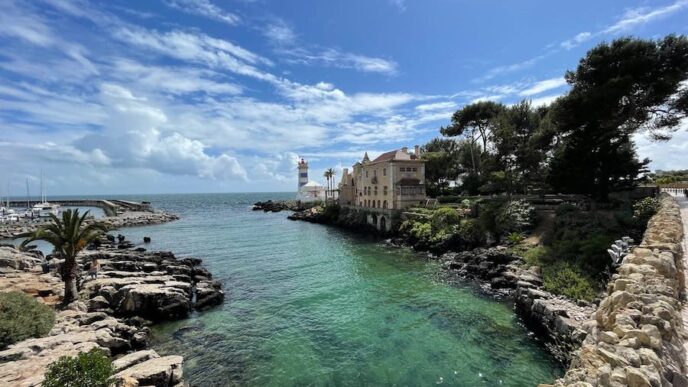The Azores, a Portuguese archipelago in the Atlantic, has long been home to a traditional and sustainable tuna fishing industry. Fishermen here employ pole-and-line methods, ensuring minimal bycatch and preserving marine ecosystems. However, recent developments threaten the survival of this age-old practice.
A recent report by Deutsche Welle highlights the challenges faced by Azorean tuna fishermen. Captain Eduino Quadros and his crew, operating without modern fish-locating equipment, rely on keen observation and experience to locate tuna schools. Despite their sustainable methods, they confront stringent quotas and moratoriums that limit their catch. In a particularly disheartening instance, a moratorium on bigeye tuna was announced, forcing fishermen to cease operations prematurely.
Adding to their woes, the economic returns from their catch are diminishing. Despite the high quality of their tuna, fishermen receive as little as €2 per kilogram from canneries, a price that fails to cover rising operational costs, including fuel. This financial strain has led many to abandon the profession, jeopardizing the livelihoods of approximately 2,000 individuals directly and indirectly dependent on tuna fishing in the Azores.
The report also sheds light on the impact of industrial fishing practices. Large-scale operations, particularly those employing purse seine nets, capture entire schools of fish indiscriminately, leading to overfishing and depletion of tuna stocks. Captain Quadros advocates for the prohibition of such methods to protect marine life and ensure the sustainability of the fishing industry.
The situation in the Azores underscores the broader challenges faced by traditional fishing communities worldwide. Balancing sustainable practices with economic viability requires concerted efforts from policymakers, industry stakeholders, and consumers to preserve both cultural heritage and marine biodiversity.
For an in-depth look at this issue, watch the excellent report by Deutsche Welle here.

